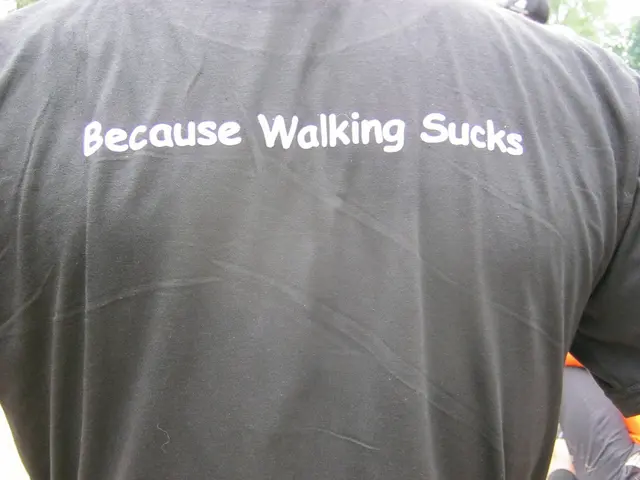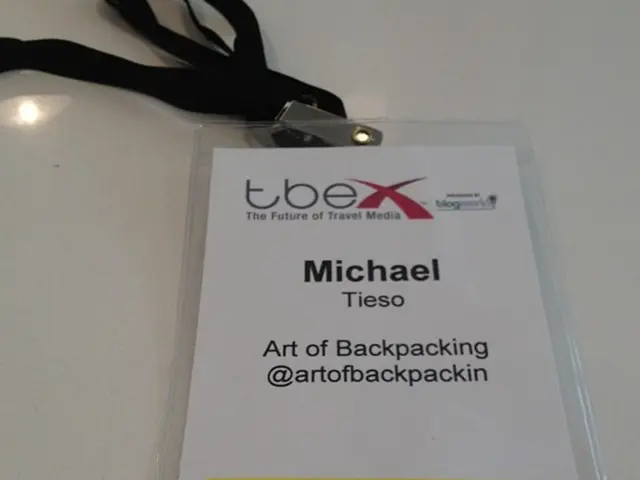Workplace Faux Pas to Avoid: Irritating or Upsetting Your Colleagues, As Revealed by a CEO
In today's fast-paced work environment, effective communication is key to building strong relationships and maintaining a positive workplace. However, with constantly changing social norms and the pressure to be efficient, some phrases have crept into our vocabulary that may not serve us well.
Peter Duris, co-founder of Kickresume, an AI career tool, has identified six common phrases that can potentially harm professional relationships and hinder productivity. These phrases include:
- Corporate jargon – Phrases like "circling back," "30,000-foot view," and "low-hanging fruit" are often used to sound more professional but can be confusing and annoying to colleagues. Using plain language is preferred because jargon can make people seem untrustworthy or evasive.
- "I'm too busy" – While it's true that everyone has a full workload, saying "I'm too busy" can come across as rude or abrasive. Instead, explain your workload politely and ask for task prioritization if needed.
Although only these two phrases are explicitly detailed, Duris emphasizes that these phrases burn bridges rather than build them at work. Other phrases that may harm professionalism and relationships are yet to be fully detailed, but the importance of clear, respectful, and considerate communication cannot be overstated.
For example, using phrases like "per my last email" can come across as passive-aggressive or condescending. Not having a conversation with a colleague before including them in an out-of-office message can potentially upset them, especially if they receive a high volume of emails. Using gendered terms like "gents" in professional communication can lead to feelings of being slighted and potential disputes.
In some cases, the use of inappropriate language can lead to legal action. A U.K. woman sued an insurance firm for discrimination over being addressed as "gents" in an email, although she lost the case.
To maintain professionalism and good relationships, it's better to say "it's really important that..." when reiterating what is needed from a colleague, instead of using phrases like "as per my last email." Using phrases like "hi all" or "everyone" helps avoid unnecessary drama in professional communication.
Programs like Outlook have features that allow tailoring out-of-office messages to different types of recipients, ensuring professionalism with clients and bosses.
By avoiding these six phrases and focusing on clear, respectful, and considerate communication, we can build stronger relationships, foster a more productive work environment, and ultimately, achieve our professional goals.
Read also:
- Jaroslav Rudiš is organizing the Wiesbaden Literature Festival in 2025
- Top 5 ASX-Listed Graphite Companies Projected for 2025
- Affordable, Comprehensive Energy Storage Solution for Small-Scale Power Plants: The Marstek Jupiter C Plus, Priced Under 220 € per Kilowatt-Hour, Offers a 100 € Discount per Set.
- Sunscreen: Its Capabilities and Limitations - Unveiling the Facts About Its Protection and Inefficiencies








